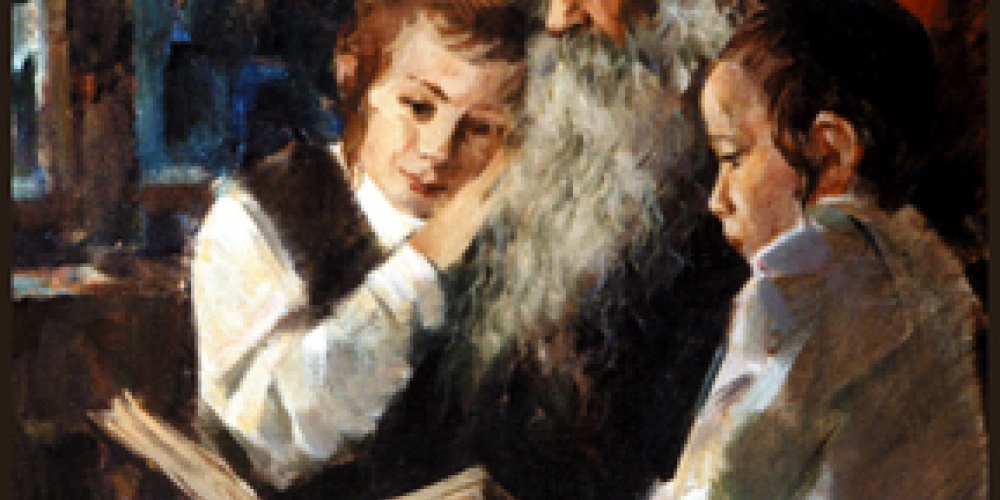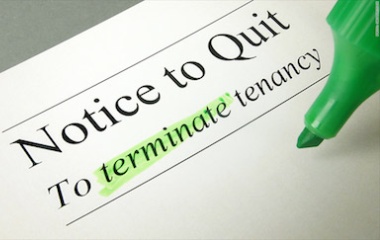
One of the challenges of higher education is ensuring that one does not sit in an ivory tower where what one learns has little application to real life issues. This problem is no less, and probably much more, applicable to much of yeshiva education, especially in the modern period where yeshivot are independent institutions no longer part of the broader community.
Judaism has always stressed the connection between learning, teaching and doing. As we say each and every day without fail, just before shema, lilmod, lellamed lishmor vela’asot, that we should merit to “learn, teach, guard and observe” the Torah. Even the Talmudic view (Kiddushin 40b) that learning is greater than action maintains that view only because “learning leads to doing.[1]” In other words, all agree doing is better; we just have a dispute about the best way to get people to observe.
It is so easy – especially when involved in in-depth Talmudic study, which is so richly inspiring and intellectually stimulating – to lose sight of the essence of Torah; that of producing ethical, moral and refined people who whose very essence serves as a vehicle for sanctifying G-d’s name.
Learning a chiddush, a novel insight, of Rav Chaim; a penetrating question of Rabbi Akiva Eiger; resolving a Maimonidean contradiction; deciphering a reference of the Vilna Gaon are beautiful expressions of the vitality and excitement of Torah learning. But they pale in comparison to the importance of honesty in our business dealings, treating our employees and competitors with respect, showing sensitivity to strangers, honouring our parents properly, not bearing a grudge, speaking truthfully and so many other fundamental mitzvoth of the Torah. And when we do learn Torah, it is the teaching of children that must be our focus[2].
The Gemara relates how Reish Lakish was marking the graves of great rabbis, presumably to give honour to the deceased[3]. When he came to the cave of Rav Chiyya, he could not find the actual grave and he was deeply distressed. He cried out, “Master of the Universe, did I not engage in the study of Torah as he did?' A Heavenly voice responded: ‘Torah like him - you engaged in, Torah like him - you did not spread’” (Bava Metzia 85b).
“What did I do?” Rav Chiyya explains. “I went and sowed flax, made nets, trapped deer whose flesh I gave to orphans, and prepared scrolls, upon which I wrote the five books [of Moses]. Then I went to a town and taught the Five Books to five children, and the six orders [of the Mishna] to six children and I said to them: ‘Until I return, teach each other the Pentateuch and the Mishnah;’ and I ensured the Torah not be forgotten in Israel” (Bava Metzia 85b).
It was not through brilliant shiurim that Rav Chiyya spread Torah. Nor was it by setting up yeshivot for advanced students[4]. And it surely was not by sitting in the Beit Midrash and mastering rabbinic literature. Rav Chiyya spread, and thereby preserved, Torah through teaching little children Chumash (without Rashi) and the basics of Jewish law, i.e., Mishna. Moreover he not only taught children, he put his heart and soul into it, modeling the great efforts to which a teacher should go. He personally sowed the flax, made the nets and personally wrote a sefer Torah all while ensuring the needs of the poor were taken care of[5]. And he instructed those children to teach other children. It is teaching Torah to children that is the best - nay, the only - way to ensure the survival of Judaism.
“The world only exists because of the hevel peehem, breath of the children, engaged in Torah study” (Shabbat 119b). What is most striking about this statement is not the claim itself – that is well within normative Jewish thought (see, for example Rashi Breisheet 1:31) - but that all it takes for the world to keep going is the hevel peehem, the breath of the children. The word hevel means nothingness, or in this context, “hot air”. It matters little that the Torah study of the children is on a very low level. If children are given a solid Jewish education, there is no need to worry about our future. From amongst the children will emerge the next generation of leaders of the Jewish people.
Just a few paragraphs earlier, the Gemara expounded on the great efforts made by Rebbe Yehuda HaNassi, the editor of the Mishna, to teach Torah to the children of others. He went searching specifically for students who, as we would say today, are (really really) off the derech, spending their times in places of ill-repute. As the Talmud describes them, “every harlot who is hired for two [zuz] hires them for eight” (Bava Metzia 85a). These were the students sought out by Rebbe!
“And why did he do all this? Rav Judah said in the name of Rav, and some say it was Rav Chiyya bar Abba in the name of Rav Yochanan, and some say it was Rav Shmuel bar Nachmani in the name of Rav Yochanan[6]: He who teaches Torah to his neighbour's son will be privileged to sit in the Heavenly Academy…and he who teaches Torah to the son of an am haaretz, non-observant ignoramus, even if the Holy One, blessed be He, makes an [evil] decree, He annuls it for his sake.”
Apparently, Rebbe’s model is not for everyone. With very few exceptions, the Orthodox (and sadly, this includes the Modern Orthodox) world of today ignores his example, as our schools no longer welcome – and would never seek out - non-observant children to welcome into our schools. If that is the case, what are we doing to annul the evil decree?
[1] If only such were true! How often must we witness learned people whose behaviour is far removed from Torah ideals. Clearly their learning is deficient focused on what the Maharsha described in a previous post as “pilpulim of nothingness…that is far from the truth.” If one learns Torah properly one will be inspired to act accordingly.
[2] We are failing miserably in this task. That the wealthiest generation, by far, in all of Jewish history is unable to provide affordable education to the vast majority of Jewish children is a tragic indictment of our communities.
[3] Rashi explains that he did this so that kohanim would know what areas they must avoid. While any and all graves emit tumah, Reish Lakish began with graves of the rabbis so if the kohanim were to accidentally come in contact with tumah it would not be because of the rabbis.
[4] Rav Chiyya readily admitted that his learning was not on par with others. His self-description is in response to Rabbi Chaninah who rebuked Rav Chiyya for arguing with him in matters of halacha. “If, G-d forbid, Torah would be forgotten from Israel,” Rav Chaninah told him, he “would be able to restore it through his deductive reasoning.” Perhaps so, but Rav Chiyya was not impressed. Rather, he would ensure Torah would never be forgotten. An ounce of prevention is worth a pound of cure –if not more. Once again, we see how in halachic debates it is not necessarily the one with the greatest halachic knowledge who should be followed (see Eiruvin 13b).
[5] Perhaps it was due to this modesty and his teaching of Torah that his grave could not be found as is the case with the most humble of people, and the greatest teacher of Torah, Moshe Rabbeinu. Moshe gave us Torah and Rav Chiyya ensured its survival, and as true exemplars of Torah, they were paragons of humility. (See here)
[6] These need not be contradictory views and may have been taught by many. Like all good teachings there are many who want to be associated with the teaching.



